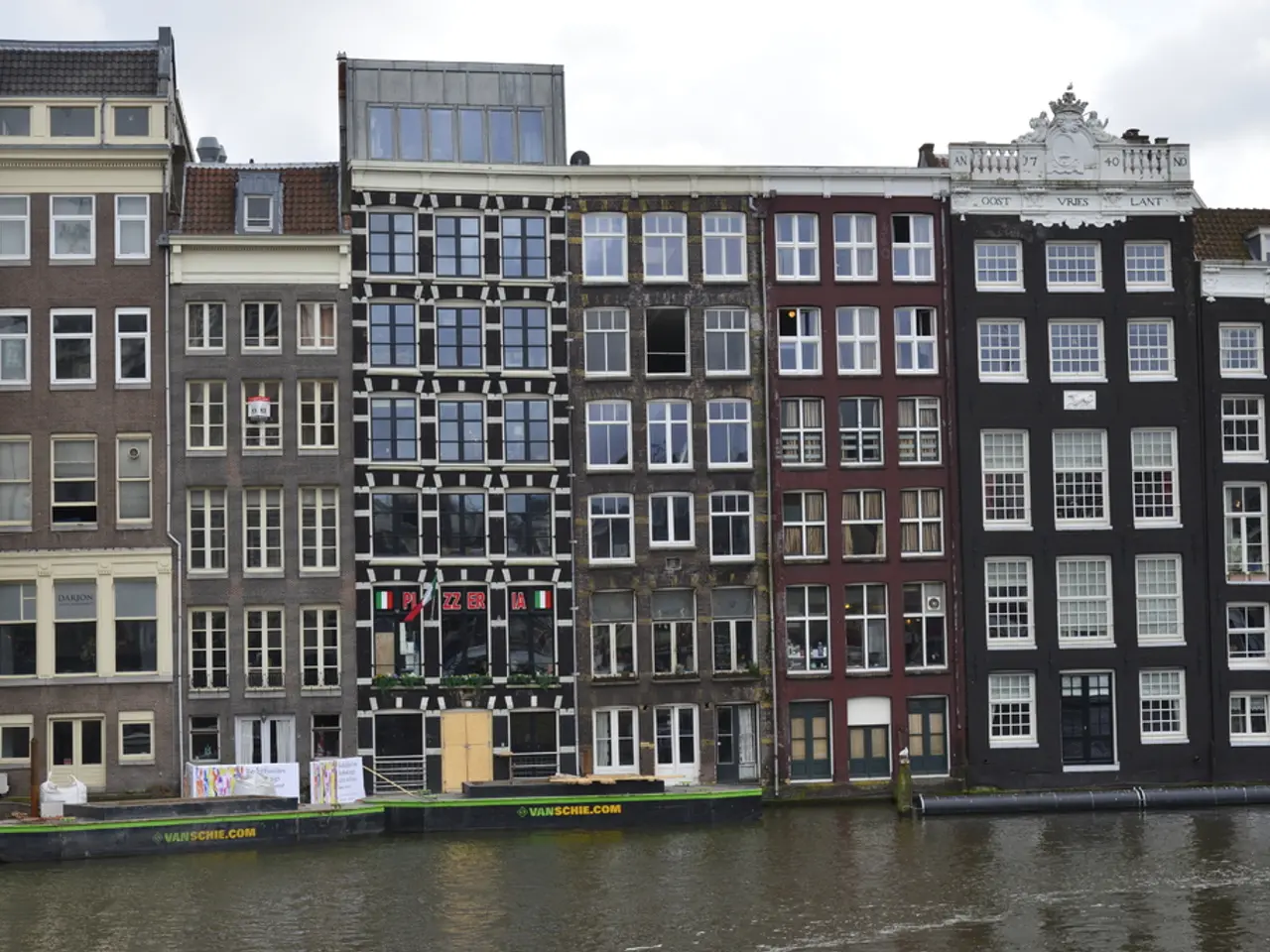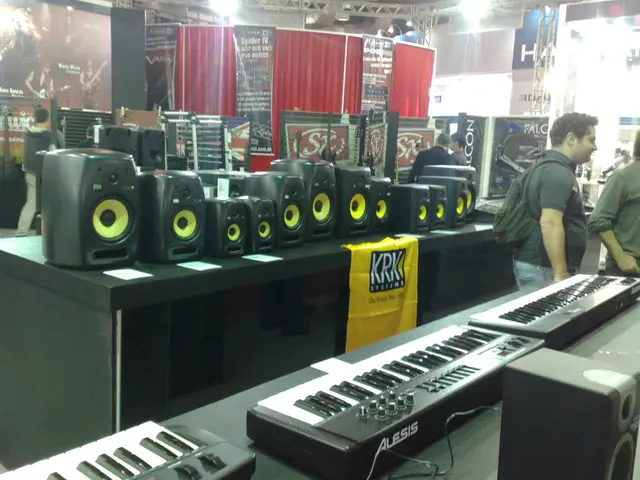German Skepticism Towards Air Conditioning - Traditional Approach?
Germans have traditionally shown reluctance towards air conditioning due to a combination of cultural, climatic, and environmental factors. Historically, the country's temperate climate didn't necessitate widespread use of air conditioning, and many households have not adopted it as a standard feature.
Additionally, energy efficiency and environmental concerns have played a significant role in this reluctance. Germany and the EU have strict energy and environmental standards, leading to consumer hesitancy about the high electricity use and carbon footprint associated with many AC units. As a result, Germans have often relied on natural ventilation, shading, and other passive cooling strategies rather than mechanical cooling.
However, these patterns are changing in response to increasing temperatures and heatwaves. Hot summers in recent years are driving up demand for air conditioning in homes, offices, and data centers across Germany, as comfort and health needs grow. This shift is particularly noticeable among younger families and middle-income households, who are increasingly viewing cooling as a necessity.
Rising sales of energy-efficient, AI-powered AC units are also contributing to this change. Chinese manufacturers like Hisense, Midea, and Gree report strong growth in Germany and wider Europe due to smart ACs that optimize energy use and better comply with EU regulations on low climate impact.
Energy efficiency standards and support for green technologies are encouraging adoption of modern HVAC systems, while retrofitting of older buildings supports AC installations. However, infrastructure concerns remain—surges in AC use strain power grids designed for cooler climates, prompting governmental caution about unchecked AC adoption.
Despite these shifts, the use of air conditioning in public administration and similar institutions is not expected to change significantly. The German railway, Deutsche Bahn, often faces issues with malfunctioning air conditioners in ICE trains, and Berliner Verkehrsbetriebe, Germany's largest public transport company, does not use air conditioners in its U-Bahn trains due to being deemed not economically viable and harmful to the environment.
In the healthcare sector, many hospitals in Germany lack adequate climate control, which can be problematic for patients and staff. This issue is further compounded by the fact that cooling was long considered a luxury in Germany, with heating being more important historically.
In summary, while Germans have shown historical reluctance towards air conditioning due to climate, culture, and energy concerns, rising temperatures and advances in efficient, smart AC technology are fostering greater acceptance and growing demand. This shift in adoption patterns signals a notable response to climate change and a move towards more comfortable living conditions in the face of increasingly hot summers.
- Germans have traditionally shown reluctance towards not only air conditioning but also towards adopting fashion-and-beauty products, food-and-drink items, home-and-garden equipment, and pets, due to a combination of cultural, climatic, and environmental factors.
- Historically, the country's temperate climate didn't necessitate widespread use of fashion-and-beauty products, food-and-drink items, home-and-garden equipment, and pets, and many households have not adopted them as standard features.
- However, just as rising temperatures and heatwaves are driving up demand for air conditioning in homes, offices, and data centers, similar trends are emerging for fashion-and-beauty products, food-and-drink items, home-and-garden equipment, and pets, particularly among younger families and middle-income households.
- Rising sales of energy-efficient and smart fashion-and-beauty products, food-and-drink items, home-and-garden equipment, and pets are also contributing to this change, with Chinese manufacturers reporting strong growth in Germany and wider Europe.
- Energy efficiency standards and support for eco-friendly technologies are encouraging adoption of modern fashion-and-beauty products, food-and-drink items, home-and-garden equipment, and pets, while retrofitting of older homes supports their installations.
- Despite these shifts, the use of fashion-and-beauty products, food-and-drink items, home-and-garden equipment, and pets in public administration and similar institutions is not expected to change significantly, with many institutions facing issues with malfunctioning equipment and viewing them as not economically viable and harmful to the environment.
- In the healthcare sector, many hospitals in Germany lack adequate climate control, cooling, and pet-friendly facilities, which can be problematic for patients, staff, and pets, with cooling often considered a luxury in Germany, with heating being more important historically.




